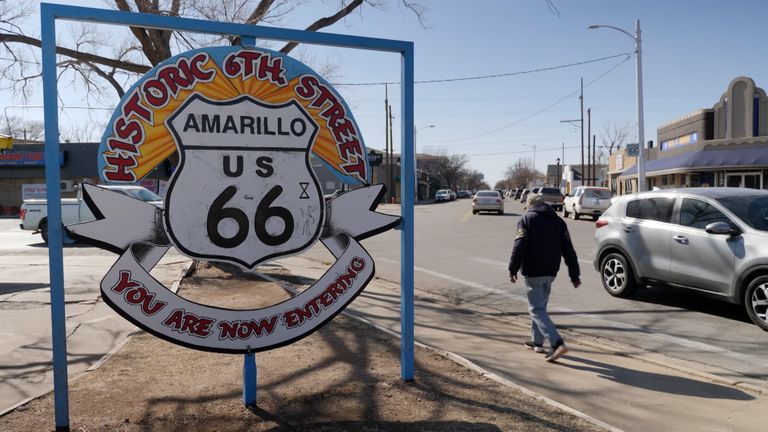US approval of the abortion medication mifepristone has been revoked, in a decision that could further disrupt reproductive healthcare for millions of people.
Mifepristone blocks the hormone needed to maintain a pregnancy and has been approved in the US since 2000 for medical abortion and miscarriage management.
It is used safely in more than 60 countries worldwide and when taken together with the drug misoprostol, accounts for more than half of abortions in America.
District Judge Matthew J Kacsmaryk, a Trump administration appointee in Amarillo, Texas, signed an injunction directing the Food and Drug Administration (FDA) to halt its approval while a lawsuit challenging its safety continues.
He sided, in part, with a conservative Christian group, Alliance Defending Freedom, who brought a lawsuit alleging the drug was not being regulated properly.
He did not go as far as the plaintiffs wanted, but he put a “stay” or hold on approval of the drug.
The judge’s decision does not come into effect for seven days, giving the Department of Justice time to appeal.
Some abortion providers have said they will wait for guidance from the FDA before implementing the ban on mifepristone.
In a separate ruling in Washington state on Friday night, a judge said the FDA must keep medication abortion drugs available in at least 12 liberal states, creating a legal stand-off on the drug, which is likely to escalate to the Supreme Court.
‘Ludicrous’ to question drug ‘safer than ibuprofen’
The American College of Obstetricians and Gynaecologists say the Texas lawsuit disregards “decades of data” that support the efficacy of mifepristone, and is “exacerbating the current abortion care crisis in the US”.
Dr Razel Remen, an abortion provider in Michigan, told Sky News: “Mifepristone is literally one of the safest medications on the market – safer than ibuprofen, safer than Tylenol.
“People are more likely to have an adverse event happen to them driving in their car, or going through childbirth… The fact that it’s even being put into question is absolutely ludicrous.”
Angel, who is 24 and lives in Texas, had an abortion using the drug in February.
She was already a mother of three, and decided to terminate her recent pregnancy because she did not want any more children.
Angel says this attempted ban on mifepristone is “another attack on a woman’s right to choose”.
“You can do it at home… it’s convenient, it’s easy, it’s safe… I just don’t understand how something could be right for so many years. And then one day, all of a sudden, be wrong.”
Pills have become the new frontier in the battle for abortion access since the Supreme Court overturned Roe v Wade – the constitutional right to abortion – last June.
Many people trying to access abortion in severely restricted states are ordering pills in the post, or travelling across state lines to pick them up.
As abortion clinics have already been shuttered in Texas, Angel had to acquire the pills through underground methods.
“It’s nearly impossible to get an abortion here,” she said. “You can’t go to the pharmacy. You can’t go to a Planned Parenthood. No clinics… nothing… If you find it, it’s like a blessing.”
Read more:
Could abortion really be banned in the UK?
What’s changed since Roe v Wade was overturned?
‘Outrageous injustice’
Now, with mifepristone access in jeopardy, pro-choice campaigners fear that getting an abortion in America has become even harder to navigate.
“What’s clear is that we need all forms of abortion in this country, and we need them all to be legal,” Elisa Wells, co-founder of the organisation Plan C, tells us.
Her organisation provides information and support to women searching for abortion access in every state.
“This injustice is being done by manipulating the court system to try and ban this medication… It’s really outrageous,” Ms Wells said.
“We are a modern democracy, and we need access to basic medical care in every part of our country, legally and without restriction – and that includes abortion.”
There are alternatives to mifepristone for those still trying to access medical abortion.
Some doctors have been anticipating the ruling, and plan to move to a misoprostol-only option. They say that method is still safe, but it has the potential for more side effects and increased discomfort.
This decision marks yet another controversial legal battle over abortion access in America, which has the potential to wind up back in the Supreme Court.







